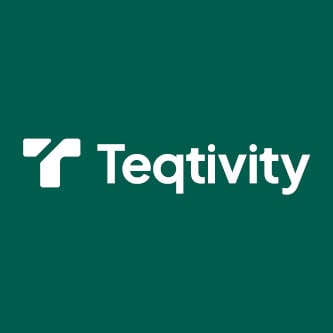Dive Brief:
- Connecticut lawmakers passed legislation providing alternative pathways for certified public accounting licensure in the state, with the state’s House passing House Bill No. 7020 on April 28 with no opposition and the Senate passing the measure May 29, according to the Connecticut General Assembly. The bill now awaits a signing by Connecticut Governor Ned Lamont.
- The bill’s proposals, supported by the Connecticut Society of CPAs as well as its State Board of Accountancy, aim to be effective as of Oct. 1. In line with a rising number of states aiming to address an accounting talent shortage, the Connecticut bill aims to provide a route to obtaining a CPA license that does not require 150 credit hours, or effectively a fifth year of college.
- “As part of our initiatives to fill the CPA pipeline and ensure our state’s laws are aligned with the evolving needs of the profession, CTCPA is joining more than 30 states nationwide working to modernize CPA licensure and mobility laws,” the CTCPA said of the measure in a recent blog post. “We successfully secured the Connecticut State Board of Accountancy’s support for our proposals and their request for legislative adoption this session.”
Dive Insight:
Candidates under the bill can obtain an accounting license via three pathways, including: obtaining a post-baccalaureate degree, one year of general experience and passing the CPA exam; gaining a BA plus 30 additional credit hours, one year of general experience and passing the CPA exam; and gaining a BA, two years of general experience, and passing the CPA exam, according to a summary by the CTCPA.
Connecticut joins the ranks of a growing number of states that have approved alternative CPA pathways into law this year, including Ohio, Virginia, Indiana, Minnesota, Iowa, Montana, Tennessee, Georgia, South Carolina, Texas, New Mexico, Utah, Nevada, Oregon, Alaska and Hawaii. Most recently, also on May 28, Illinois lawmakers passed alternative CPA legislation, to be effective at the start of 2027, CFO Dive reported.
The rising coalition of states passing alternative CPA licensure pathways represents a sea change for certain members of the accounting profession, which had initially raised concerns that introducing such measures would hamper CPA “mobility,” or the ability to work in different states.
Proponents of alternative pathways, meanwhile, have pointed to the 150-credit hour requirement as a key barrier to entry into the accounting field, coming as the industry looks to entice new blood among a continuing accounting talent shortage.
While implementing new pathways for CPA licensure, the Connecticut bill also includes a provision allowing licensed CPAs “in good standing” from other states to practice within the state.
Support for alternative CPA pathways has slowly risen in recent years, with Big Four accounting firms Deloitte, EY, PwC and KPMG last year giving cautious support for a 120-credit hour CPA pathway, CFO Dive reported.
In keeping with the ongoing trend, in March of this year, the American Institute of CPAs and the National Association of State Boards of Accountancy’s announced they will seek public comment on a “third pathway” for CPA licensure requiring a bachelor’s degree, the passage of the CPA exam and two years of professional experience, CFO Dive reported.
Keep up with CPA licensure changes with CFO Dive’s tracker on the topic here.














